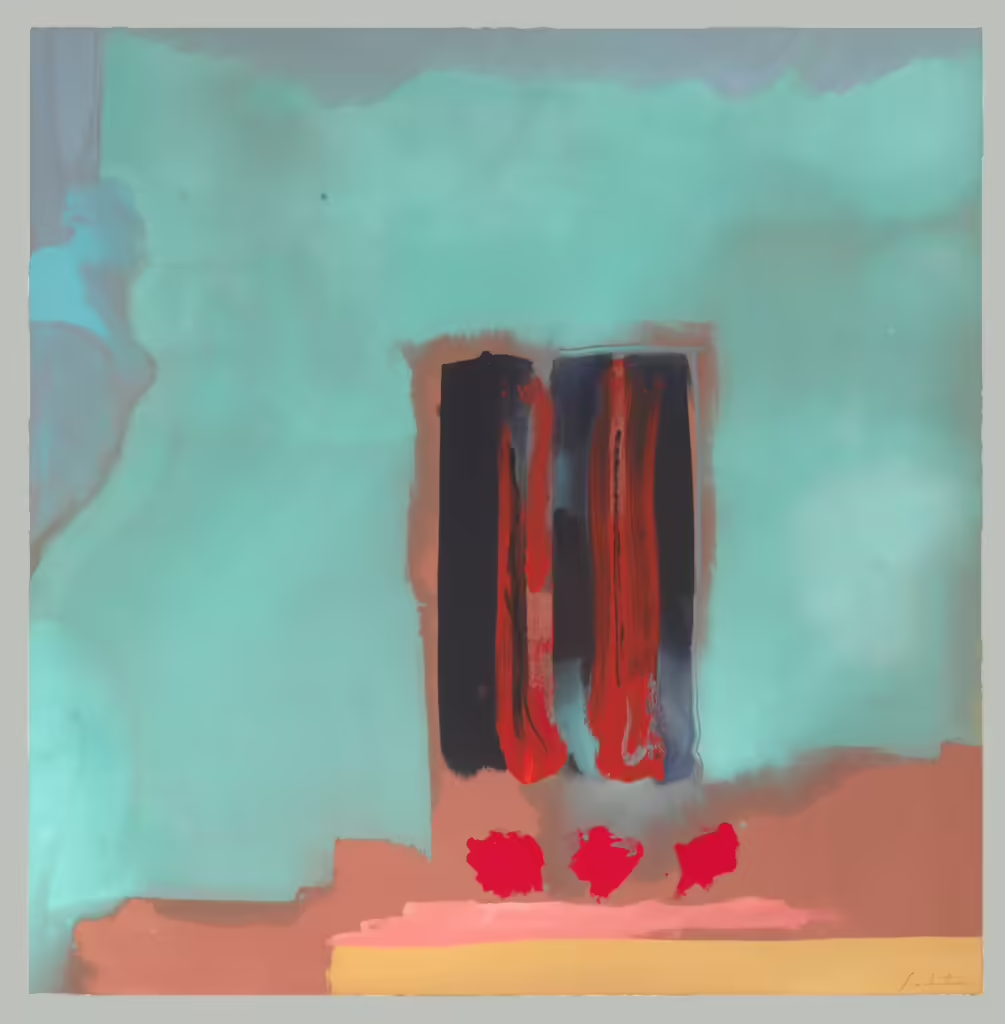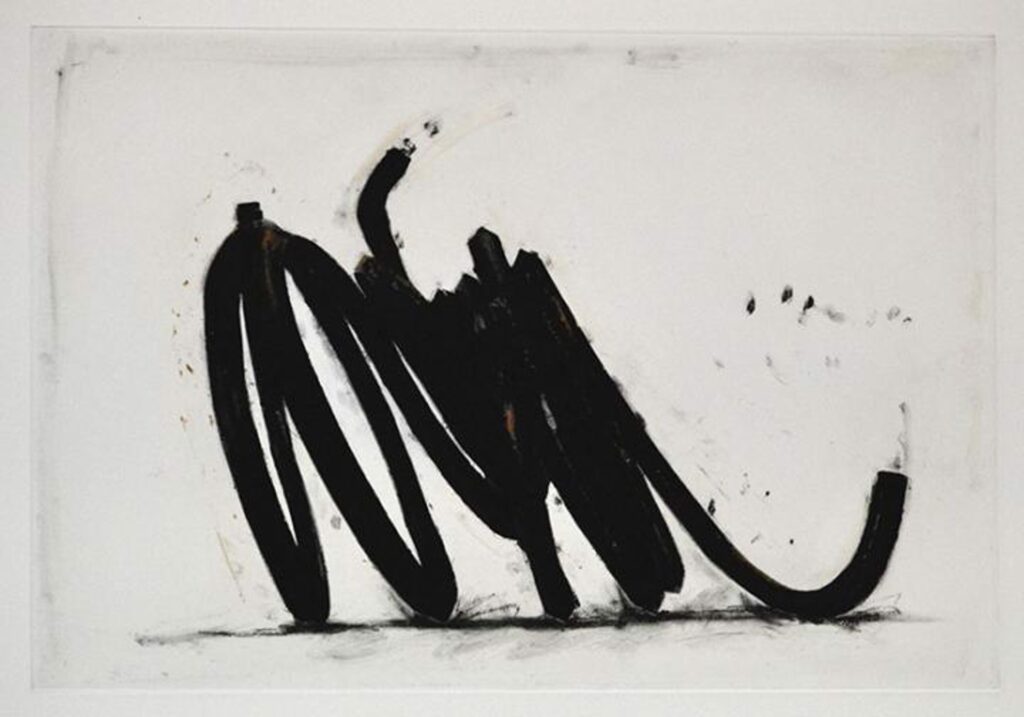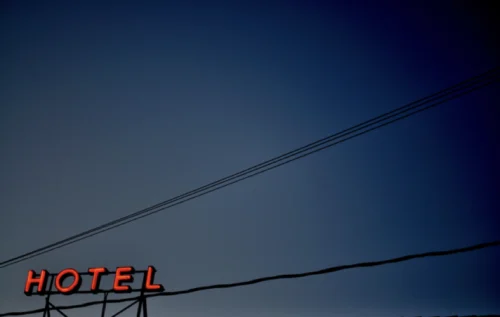"For ye see your calling, brethren, how that not many wise men after the flesh, not many mighty, not many noble, are called: But God hath chosen the foolish things of the world to confound the wise; and God hath chosen the weak things of the world to confound the things which are mighty; And base things of the world, and things which are despised, hath God chosen, yea, and things which are not, to bring to nought things that are: That no flesh should glory in his presence." 1 Corinthians 26;29 "Although the power of making visible the forms of the dead has been claimed for one sort of incense only, the burning of any kind of incense is supposed to summon viewless spirits in … [Read more...]
The First Time, Again
"When Hegel was lying on his deathbed," teased Heinrich Heine, "he said: 'Only one man has understood me,' but shortly afterwards he added fretfully: 'And even he did not understand me.' " Heinrich Heine (Religion and Philosophy in Germany) “...the ideas are stars, in contrast to the sun of revelation. They do not appear in the daylight of history; they are at work in history only invisibly. They shine only into the night of nature. Works of art, then, may be defined as the models of a nature that awaits no day, and thus no Judgment Day; they are the models of a nature that is neither the theater of history nor the dwelling place of mankind. The redeemed night.” Walter Benjamin … [Read more...]
Reading the Dial
"How can one learn the truth by thinking? As one learns to see a face better if one draws it.” Ludwig Wittgenstein (Zettel) “Bacon had died in 1626, but that did not mean that his message was out of date. On the contrary, it had a kind of actuality for eighteenth-century France which made him, to a greater extent even than Locke or Newton, a prophetic figure for the whole French Enlightenment. For Bacon was the first philosopher of science. It was not that Bacon made any scientific discoveries of his own; he simply proclaimed the doctrine that science could save us…. Once men knew how nature worked, they could exploit nature to their advantage, overcome scarcity by scientific innovations … [Read more...]
Star Death
"Ray! When Someone Asks If You're a God, You Say YES.” Ghostbusters (1984, dir. Ivan Reitman) "...in Galileo’s Dialogue on the Two Chief World Systems, Ptolemaic and Copernican, the Florentine astronomer had his spokesman, Salviati, assert that ‘we are trying to make [the Earth] more noble and more perfect… and in a sense to place it in heaven, from which your philosophers have banished it." Seb Falk (The Light Ages: A Medieval Journey of Discovery) "People nowadays think that scientists exist to instruct them, poets, musicians, etc. to give them pleasure. The idea that these have something to teach them--that does not occur to them." Ludwig Wittgenstein (Culture and … [Read more...]
Without Truce or Mercy
“I could stand in the middle of Fifth Avenue and shoot someone and I wouldn’t lose any voters.” Donald Trump (January 23, 2016) “But why did the hero of the tragedy have to suffer, and what was the meaning of his ‘tragic’ guilt? We will cut short the discussion by a prompt answer. He had to suffer because he was the primal father, the hero of that primordial tragedy the repetition of which here serves a certain tendency, and the tragic guilt is the guilt which he had to take upon himself in order to free the chorus of theirs.” Sigmund Freud (Totem and Taboo) "This simplicity corresponds to the position taken by the music towards its theme: it is the position of the highly entertained … [Read more...]
Probably
"The equivalent of commodity fetishism in the psychological life of the individual is narcissism. Here the term does not only denote adoration of one’s own body or one’s person. It stands for a serious pathological condition well-known to psychoanalysis. An adult preserves the psychological structure of the first years of his childhood, when there is no distinction between the self and the world. Every external object is experienced by the narcissist as a projection of his own self.” Anselm Jappe (The Writing on the Wall) "No one should underestimate the dangers of courting the displeasure of a savage and jealous God.” Andrew Scull (Madness in Civilization) "To lull public attention, … [Read more...]
Running Dogs
"Most octopuses live only a year or two, depending on the species.Humans, obviously, live much, much longer. And because length of life and intelligence seem connected in some way, a question naturally arises. What use is intelligence in such a very short life, especially since, as Godfrey-Smith puts it, “the machinery of intelligence is expensive, both to build and to run”? This conundrum has led to some questionable conclusions, including “a hypothesis of ‘accidental intelligence,’” as though octopuses had mistakenly developed “‘too much brain’ for animals living such brief and asocial lives.” But if their intelligence is accidental, then in what sense is human intelligence not accidental? … [Read more...]
Spiritual Bureaucrats
"[He sa]id [to me], “John, wh[y] are you doubting and [fearful]? For you are not a stranger [to this like]ness. Do not be faint[hearted]! I am the one who dwells with [you (pl.) always. I am the [Father.] I am the Mother. [I] am [the Son. I am the one who exists for ever, undefil[ed and un]mixed. N[ow I have come] to instruct you [about what] exists and what [has come] into being and what mu[st] come into being, so that you will [understand] the things which are invisible a[nd those which] are visible, and to t[each you] about the perfe[ct Human" Apocryphon of John (The Berlin Codex, Nag Hammadi II) "Woe to you, my Princess, when I come. I will kiss you quite red and feed you … [Read more...]








